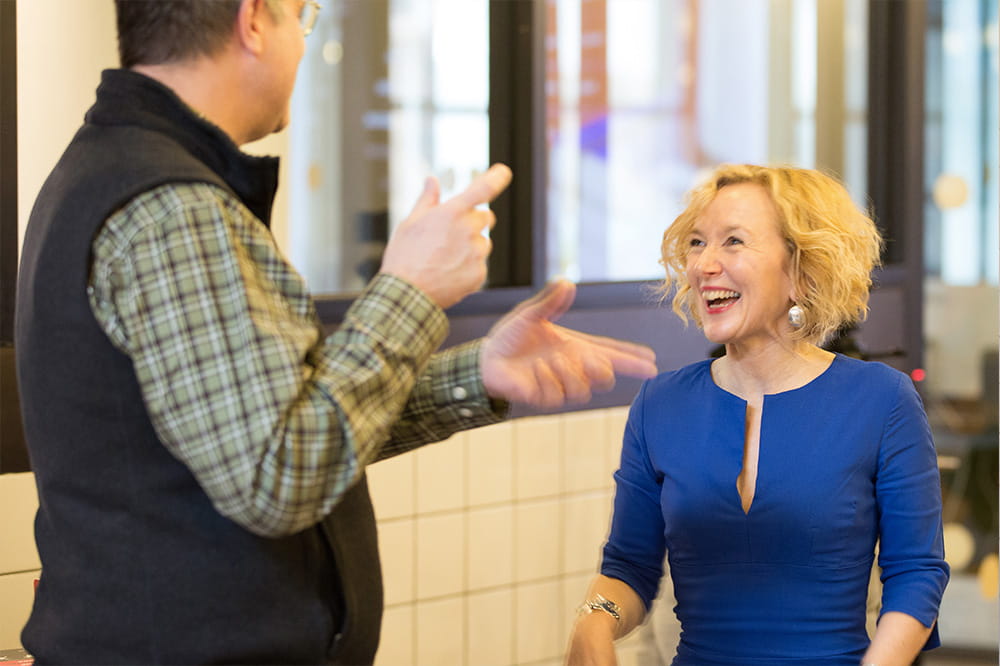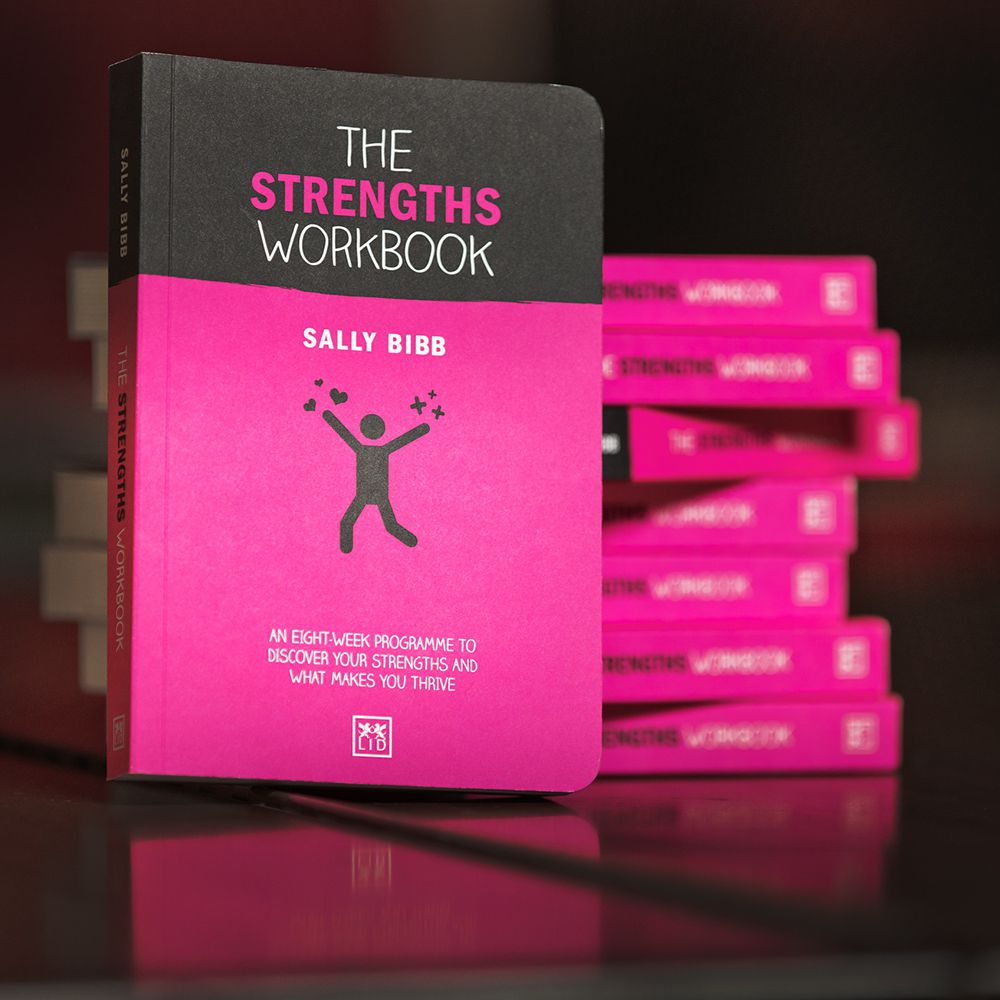
Last week someone I worked with 20 years ago got in touch. He asked me to write a statement of support for a submission he was making, for the award of the prestigious Merchant Navy Medal to a ships’ captain we both used to work with.
I was very happy to do this, as the nominee was a brilliant captain. However, as I sat at my desk and began to write, something struck me: I could remember almost nothing of our actual day-to-day work together. What did rush in though, were my memories of the emotions – how he’d made me feel when I was struggling, the fun we’d had even in tough times and the camaraderie he’d sparked in the team.
Camaraderie has been a big theme in my working life.
Last year, I went to a reunion of colleagues from 15 years ago. We laughed a lot that night. Our conversation was almost all about the good times, the people, and the tremendous team spirit – again, the camaraderie. We didn’t talk about the pressure of any of the magazine launches, or the difficulties when we switched to digital, or the stresses of opening the new office. If we did refer to any of those events, it was only in relation to a human story with strong emotion attached to it.
It’s been interesting to realise that most of what I remember about my career to date, aside from my main accomplishments, are the laughs, the buzz and the teamwork. I also remember the disasters, but, even when thinking about those, I recall the colleagues who pulled together to overcome them.
As the poet and activist Maya Angelou said,
“I’ve learned that people will forget what you said, people will forget what you did, but people will never forget how you made them feel.”
This has never been truer than right now, in the middle of a pandemic, when people are sometimes struggling simply to get through the day. Here’s to anything we can do, however small, to bring joy and laughter[1] into each other’s lives.
[1] The evolutionary objective of laughter was to form connections with others. We laugh more in groups, with people we like than those we don’t like. It’s a signal of safety and togetherness. We tend to laugh with people who we trust. It’s good for resilience. It makes a huge and positive difference to any relationship. Laughter is a super power.
(Images with thanks to Martin Gardner.)

If you’d like to enjoy your work even more, or if you’re looking to change career direction, Sally Bibb’s The Strengths Workbook can guide you to better understand your strengths and how to apply them in your life and work, to help you thrive. It’s a refreshing eight week programme you can start any time.

